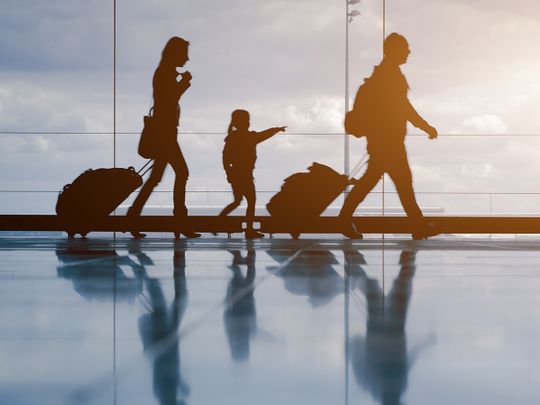
Business travel is undergoing a transformative phase, fueled by tech innovation, sustainability priorities, and evolving traveler expectations. As organizations adapt, this travel sector is poised for significant evolution, setting the stage for a more connected and purposeful way of doing business.
Global surge
Global spending on business travel is forecast to reach $1.52 trillion by end 2024, a growth of 32% compared to 2022. Key players include the US and China, where business travel spending has outperformed pre-2019 levels. India, Indonesia, and Vietnam are gaining prominence as primary business travel destinations, driven by economic growth and increased foreign direct investment.
The Asia-Pacific region alone is projected to see a compound annual growth rate (CAGR) of 15% through 2028, reflecting its increasing importance in global commerce.
Sustainability as a priority
Sustainability is now central to corporate travel strategies, with 78% of companies including eco-conscious travel options in their policies. From choosing green-certified hotels to prioritizing rail over air travel for shorter distances, businesses are actively working to reduce their carbon footprints.
Regenerative travel initiatives, such as coral reef restoration in the Maldives and rewilding projects in Scotland, are also becoming part of corporate efforts to give back to local communities. Technology further supports these goals, with platforms that track and report travel-related carbon emissions, aiding companies in achieving transparency and accountability.
Transforming traveler experiences
AI-driven platforms streamline the booking process, offering predictive analytics for cost optimization and delay management. Biometric check-ins and digital wallets are enhancing efficiency at airports and hotels, while mobile travel apps offer integrated services like itinerary management and real-time alerts.
Virtual reality previews of accommodations and AR-based navigation tools are increasingly common, providing travelers with an immersive and seamless experience.
‘Bleisure’ and personalization
The blending of business and leisure, or ‘bleisure’, remains a dominant trend, with over 43% of business trips now incorporating leisure components. Hotels and airlines are responding with tailored packages that allow extended stays, flexible bookings, and destination-centric amenities.
Personalization is also key; travelers expect curated recommendations based on their preferences, from dining options to cultural experiences, with 70% of corporate travel platforms now utilizing machine learning to enhance user satisfaction.
Wellness
Corporate travel is increasingly prioritizing wellness, acknowledging its impact on employee satisfaction and productivity. Wellness initiatives now encompass on-demand healthy meal options, access to fitness facilities, and stress-management programs. Approximately 55% of organizations have incorporated wellness features into their travel policies, reflecting a shift toward a more holistic approach.
Experiences over loyalty points
Traditional loyalty programs are evolving to provide unique and meaningful rewards. While points remain relevant, business travelers now seek exclusive experiences, such as access to members-only events or bespoke travel itineraries.
This shift emphasizes building brand loyalty through personalization and value, aligning with the preferences of a younger, experience-driven workforce.
Emerging markets: The new frontier
India is expected to witness business travel expenditure grow to $45 billion by 2026, driven by its thriving startup ecosystem and growing international trade. Similarly, Africa’s burgeoning economies are drawing attention as hubs for conferences and corporate events, necessitating tailored travel solutions to meet the region’s unique challenges and opportunities.
The future of business travel is defined by sustainability, innovation, and the growing emphasis on traveler wellness and personalization. Companies that embrace these trends will position themselves as leaders in a rapidly evolving market, leveraging business travel not just as a necessity but as a strategic advantage.
The path forward is clear: those who invest in responsible and innovative travel solutions will thrive in an increasingly interconnected world.













